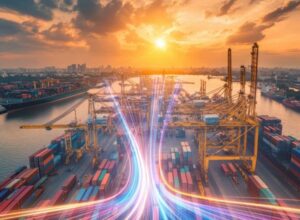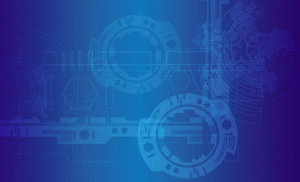
A recent study by Thetius in partnership with Marcura, has revealed maritime companies are stuck in the early stages of AI adoption, unable to scale beyond small experiments as widespread optimism collides with implementation reality.
The study “Beyond the Hype: What the maritime industry really thinks about AI” combined over 130 survey responses and in-depth interviews with maritime professionals, revealing a sector that is both eager and cautious: 82% are optimistic about AI and 81% are running pilot projects. However, 37% have personally witnessed AI failures and only 11% have formal policies to guide scaling. Continue reading “Research finds maritime professionals rejecting full AI adoption”




 Addressing anticipated skill gaps in artificial intelligence (AI), robotics, and automation is essential to the future of the shipbuilding sector, according to a new report by the National Manufacturing Institute Scotland (NMIS), operated by the University of Strathclyde and based at the Advanced Manufacturing Innovation District Scotland (AMIDS) in Renfrewshire.
Addressing anticipated skill gaps in artificial intelligence (AI), robotics, and automation is essential to the future of the shipbuilding sector, according to a new report by the National Manufacturing Institute Scotland (NMIS), operated by the University of Strathclyde and based at the Advanced Manufacturing Innovation District Scotland (AMIDS) in Renfrewshire.